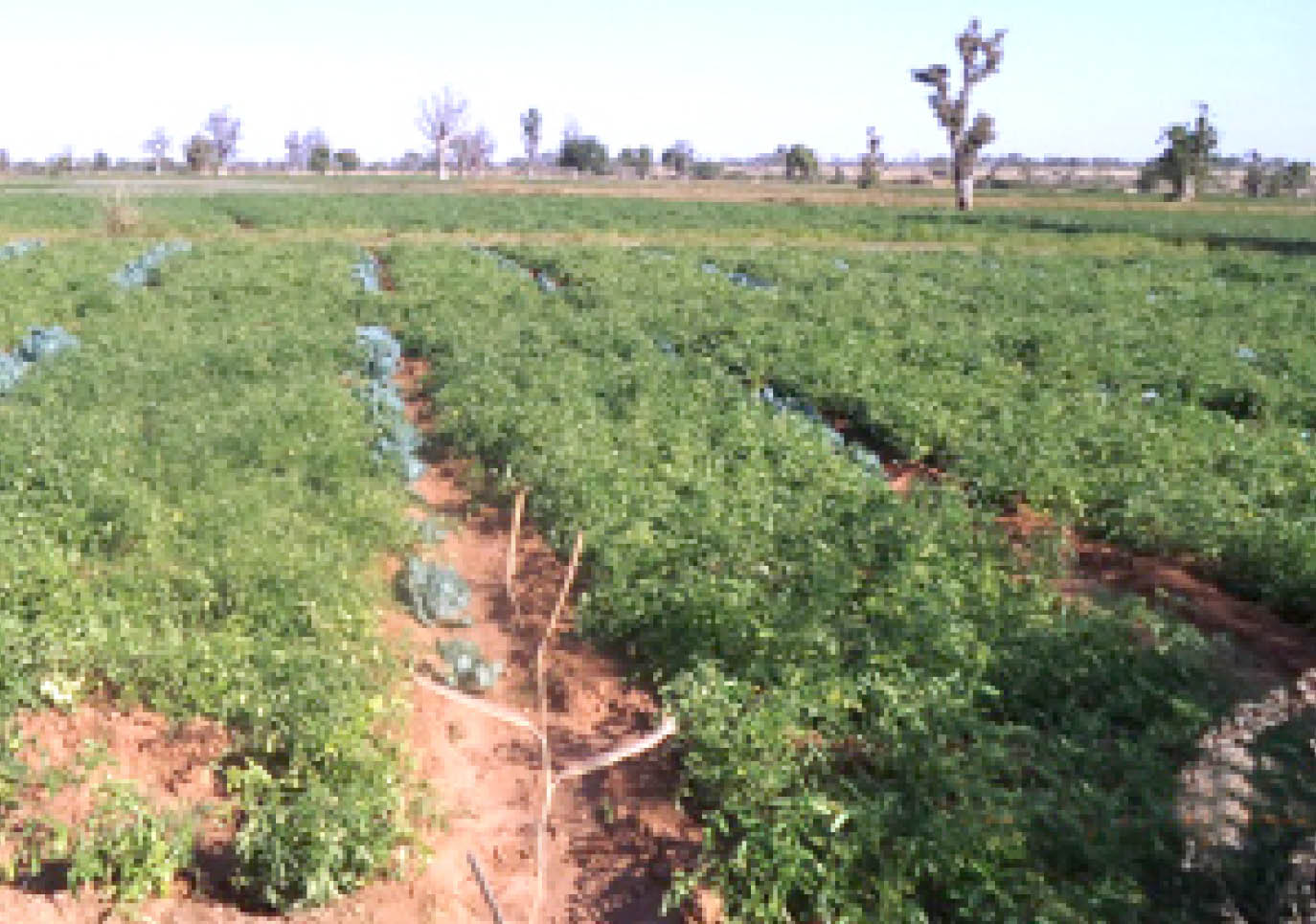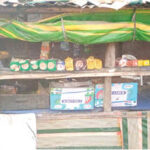Despite high cost of living and other challenges, irrigation farmers in Katsina State are striving to bridge the food and revenue deficits occasioned by early stoppage of rainfall and insecurity, Daily Trust reports.
During the last wet season, farmers in the state, especially those that produce soybean and rice, suffered a setback as rainfall stopped early and insecurity forced many out of their farmlands. With the situation, many of them are now determined to bridge the deficits through irrigation farming.
According to the farmers, early stoppage of rainfall in the last wet season led to shortage of water in dams, tube wells and other natural sources; a situation that posed a serious challenge to irrigation activities also.
Malam Salmanu Isah, an irrigation farmer in Danja Local Government Area (LGA), said most of them had reduced the volume of their production to avoid futile investment as their zone was yet to have reliable dams to contain thousands of farmers.
Malam Salmanu said, “Part of our challenges this year is water shortage; we now go far from our area in search of water to produce tomato, onion and cabbage. There are no enough viable dams for irrigation in the entire Funtua Zone, and a large chunk of irrigation farmers reside here. We rely mostly on tube wells and riversides for our activities,” but that, “Last wet season, the rivers and wells dried up as earlier than usual.”
He added that because of the high cost of living, hiring labourers too had become expensive.
He explained that, “Labourers now charge higher wages; farmlands that we payed N5,000 for harrowing or ploughing now cost not less than N10,000; same goes for weeding, transplanting and harvesting.
“Therefore, one has to have enough funds to invest in irrigation farming this year otherwise they will stop midway without achieving anything.”
He further said the recent security measures prohibiting sales of petrol in jerry cans in the state had plunged most farmers into dilemma on how they would fuel their water pumping machines.
A tomato farmer in Faskari LGA, Aminu Musa Tafoki, said insecurity had limited the hours of work on the irrigated fields.
Tafoki said, “It was our culture to spend the night working on our farms years back, but now no one can afford to take that risk because of bandits’ attacks. We now water our farms in the mornings and afternoons, and many of us have relocated to safer towns and cities; abandoning their ancestral farmlands.”
He added that, “the urea we were buying at between N8,000 and N10,000 per bag last year now costs not less than N15,000; NPK is now N18,000. Prices of pesticides and seeds too have skyrocketed beyond the reach of peasant farmers. Only those producing wheat have got government intervention.
“Also, the rising cost of food items is also affecting vegetables, but those that damn the challenges and produce them are reaping good returns as a basket of tomato is now N4,000; a bag of cabbage is N6,000 as against N3,000 last year; a bag of onion is now not less than N13,000, but last two years it was sold at N5,000 to N8,000.”

 Join Daily Trust WhatsApp Community For Quick Access To News and Happenings Around You.
Join Daily Trust WhatsApp Community For Quick Access To News and Happenings Around You.


